Consider it the first tangible example of Donald Trump’s Western Hemisphere policy made real. The president’s day-one Executive Order calling for the “total elimination” of multiple cartels is now getting its teeth in the form of a list drawn up by the Department of State designating eight different groups based across Latin America as foreign terrorist organizations, according to the New York Times.
The list, which has yet to be formally announced, reportedly includes five major Mexican cartels along with Colombia’s Clan del Golfo, which has become key to the migrant crisis given their control of the Darién Gap; Venezuela’s Tren de Aragua, a threat which has risen in the minds of Americans over the past year based on a spate of violent activity; and Mara Salvatrucha, better known as MS-13.
Among the Mexican groups, the foreign terrorist organization label is coming at a critical juncture for the Sinaloa cartel. As El País describes it in a useful outline of all five Mexico-based designees:
“The Sinaloa Cartel is Mexico’s largest criminal organization,” says analyst David Saucedo, “but it has many heads, it’s a fragmented empire.” The country’s most well-known and powerful criminal group is at a critical moment and has been waging an internal war since last September, centered on the two families that have held the reins of the cartel for decades: the faction loyal to Ismael “El Mayo” Zambada and Los Chapitos, led by the sons of Joaquín “El Chapo” Guzmán. Zambada accuses Joaquín Guzmán López, his godson and one of El Chapo’s heirs, of kidnapping him and handing him over to the United States. The alleged betrayal is at the heart of the internal battle. Sinaloa, the historic stronghold of the eponymous group, has recorded more than 800 murders since the outbreak of the conflict, as well as hundreds of missing persons, according to official data.
One interesting aspect of this step will be the potential fallout for the Mexican government of a more direct attack on the cartels. Mexico’s new president, Claudia Sheinbaum, inherited control in name only of the government from Andrés Manuel López Obrador’s MORENA coalition — furthered by a state-cartel alliance that was barely hidden from view for anyone paying attention. As Joshua Treviño, a senior fellow of the Western Hemisphere Initiative at the America First Policy Institute, wrote recently in The Spectator:
This was more or less common knowledge in Mexico, and the regime did not trouble itself to hide the evidence. AMLO, as he is known, spent nearly his entire presidency defending the Sinaloa Cartel against the Americans, and sometimes against his own security apparatus. He paid more visits to the Sinaloan Cartel headquarters town of Badiraguato across six years than he did to Washington, DC; he took a special trip to pay respects to the elderly mother of jailed drug lord Joaquin “El Chapo” Guzman Loera; he ordered his own security forces to release one of El Chapo’s captured sons; he intervened to spring the cartel-corrupted Mexican flag officer Salvador Cienfuegos from American detention; he effectively banned US law enforcement from working in Mexico; and he even vowed to use the Mexican armed forces to defend the cartels against American action.
Much of the talk around American confrontation with the cartels over the past decade amounted to just that: talk. There was an omnipresent understanding that the most important criminals in the failed narco-state to our south, who spent their days poisoning American citizens with drugs and profiting from the human misery of millions, were always laughing at us. The second Trump administration is already indicating its willingness to go beyond talk and take real action against a threat that deserved direct confrontation long ago. We’ll see how long it is until the laughter stops for good.



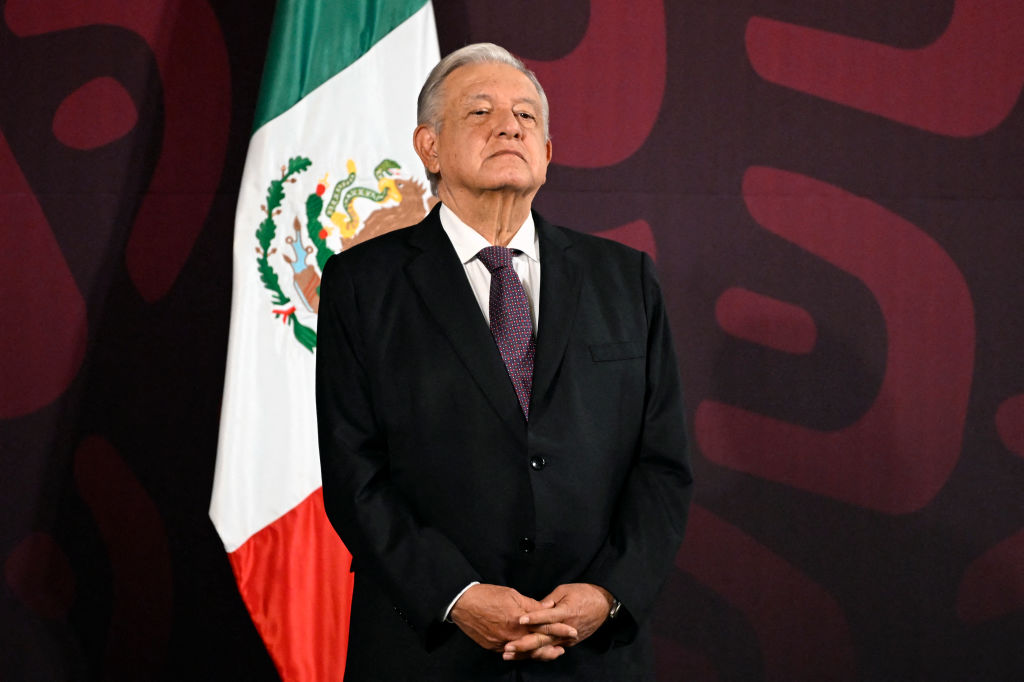






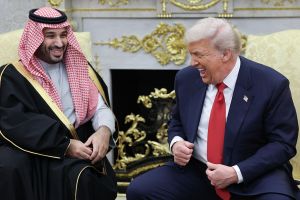
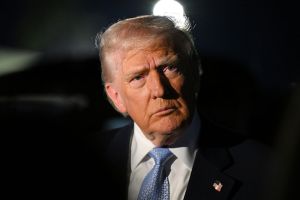
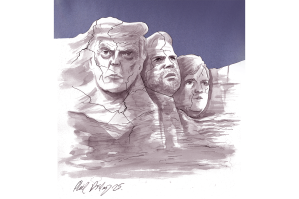
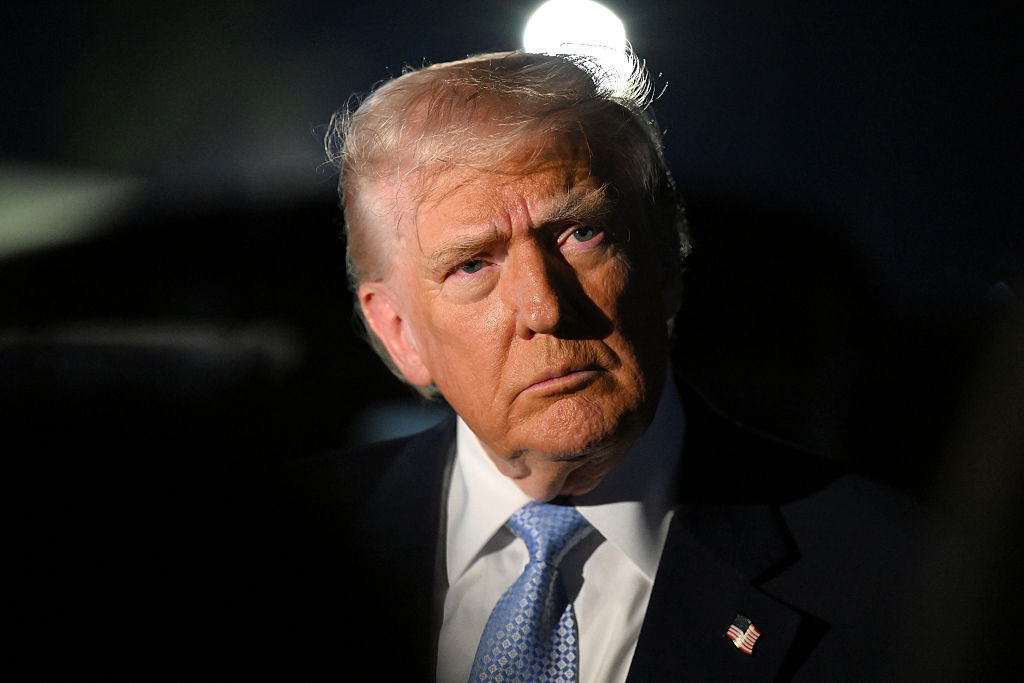
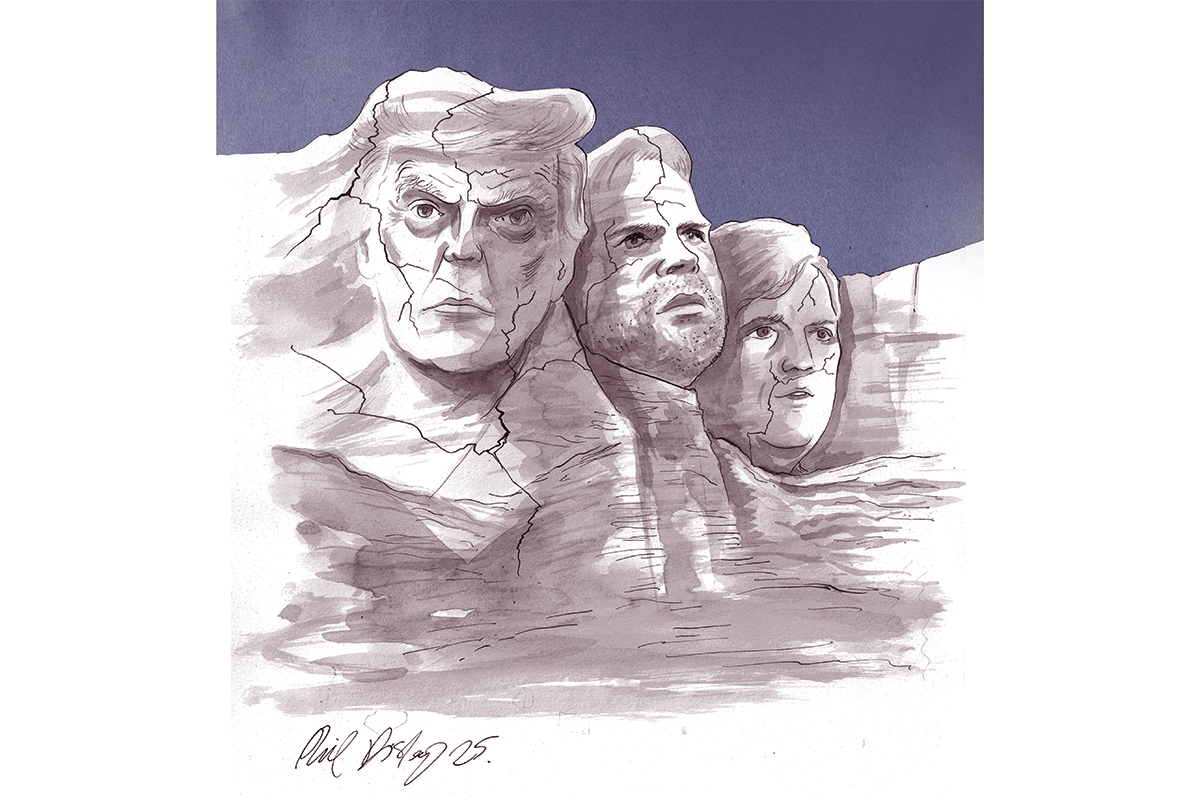


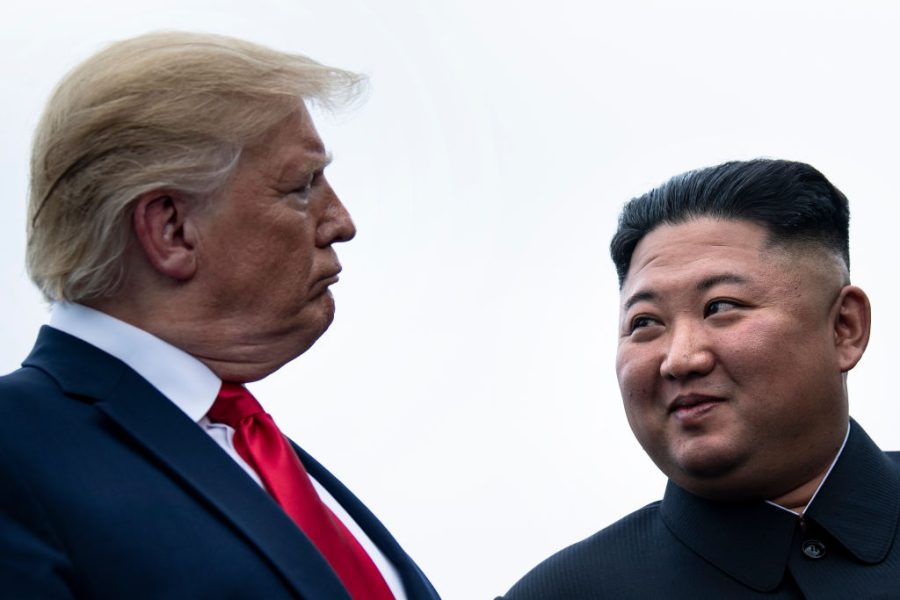
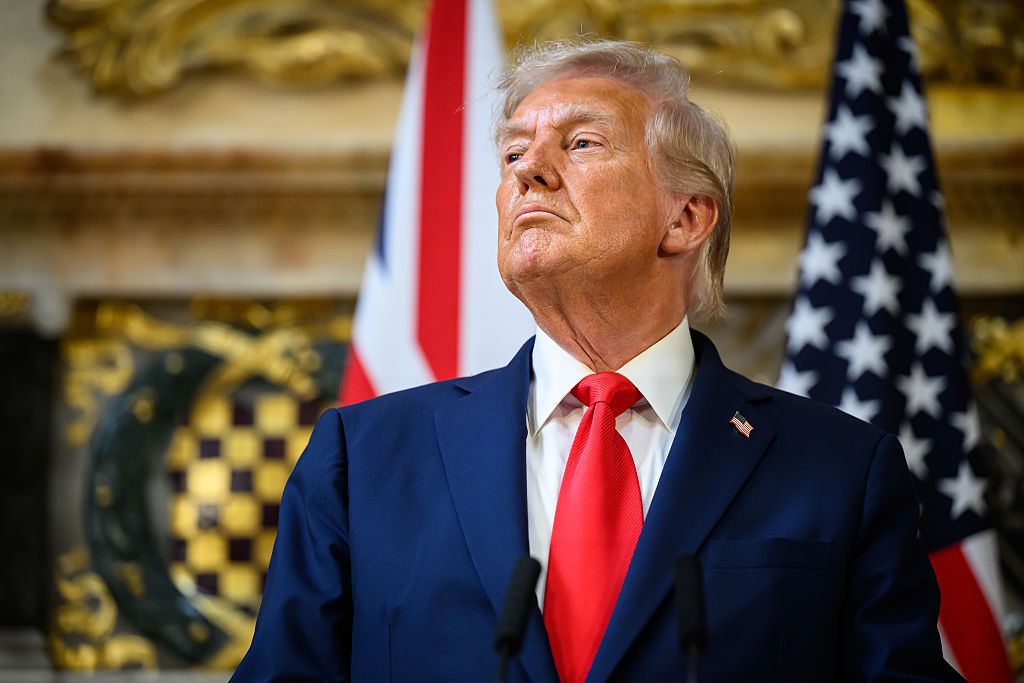







Leave a Reply